Sport
As funding cuts impact the flow of critical aid for displaced communities in Africa, local and regional initiatives aim to fill the vacuum.
Young Sudanese mother Fatima* thought the worst was behind her when she, like thousands of others fleeing the relentless conflict in their native country, found refuge in neighbouring Chad.
Life feels safer in Chad, but not necessarily easier. International funding cuts and a constant stream of refugees have made it increasingly difficult for host nations like Chad to consistently provide refugees like Fatima the critical support services they need.
“When I came here, we had a safe space where women could seek medical care and counselling after suffering violence,” the 32-year-old tells TRT Afrika, cradling her infant son in a crowded refugee settlement.
“That centre no longer functions. Where do we go now?” she wonders.
The United Nations High Commissioner for Refugees (UNHCR) warns that reduced funding, particularly from the US, is crippling essential protection services, leaving displaced populations at greater risk of abuse, trafficking, forced return to the conflict zones they came from, and even death.
So, is it all gloom and doom without Western aid?
The flip side of funding cuts is the emergence of regional and local initiatives as well as other alternatives Western countries to reduce the aid gap, if not completely bridge it.
All hope isn’t lost
Türkiye has been at the forefront of providing multi-million-dollar humanitarian support to Sudan, a country hit by war since 2023.
In the latest gesture, Türkiye's second 'Ship of Goodness,' carrying 1,605 tonnes of food, clothing, and hygiene supplies from Türkiye arrived in Port Sudan on May 6, 2024. It was dispatched by Turkish Humanitarian Relief Foundation (IHH)
In July 2024, Türkiye also sent a ship with 2,408 tonnes of humanitarian aid to Sudan, including much-needed medicines, clothes, hygiene supplies, and shelter provisions to the African country.
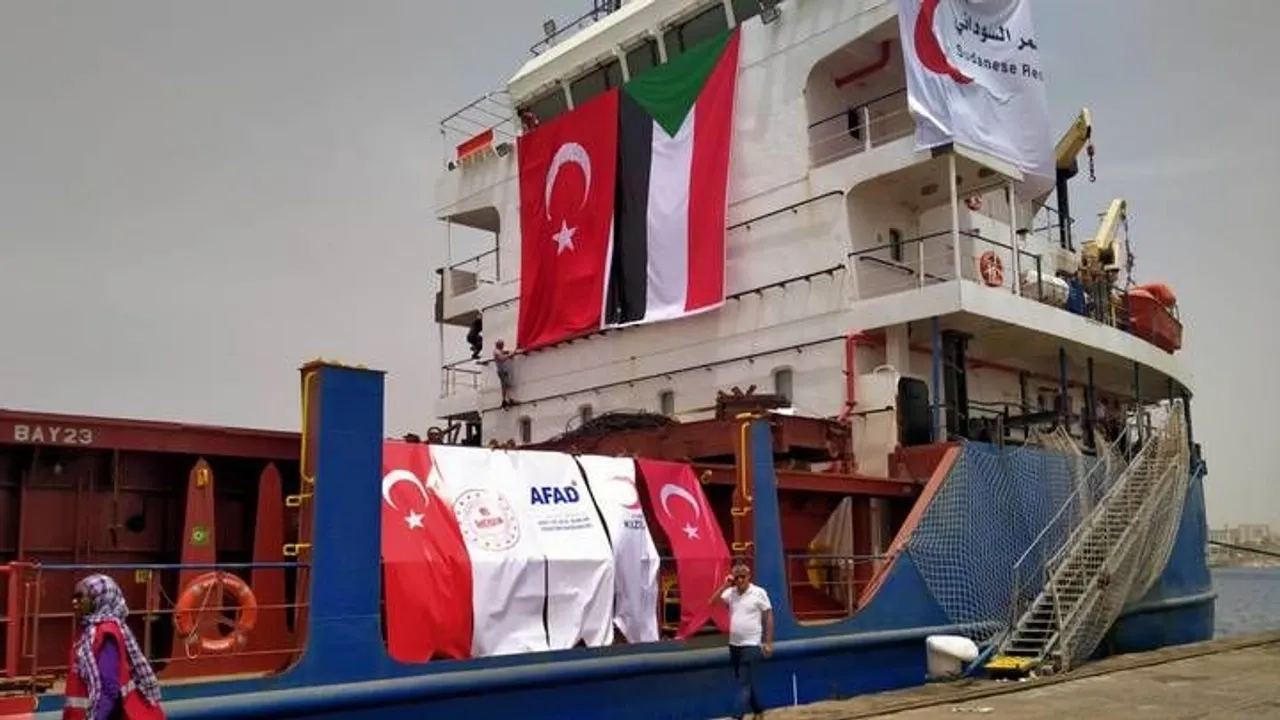
The Turkish Red Crescent, in partnership with the Sudanese Red Crescent, has delivered vital relief to over three million people since the crisis began. The Turkish humanitarian agency, TIKA, has also been working in many African countries, helping the less privileged.
In Chad, the King Salman Humanitarian Aid and Relief Centre (KSrelief) has provided US $4.5 million in emergency shelter assistance to Sudanese refugees, ensuring thousands of displaced families have secure places to stay.
The Common Market for Eastern and Southern Africa (COMESA) has partnered with UNHCR to integrate refugees into national economic systems in Chad.
The idea is to create small business opportunities for displaced people, provide vocational training, organise employment programmes and foster local resilience in the face of funding cuts.
In West Africa, grassroots initiatives led by refugee communities are filling gaps in medical and psychosocial support. Volunteer-run clinics and peer counselling groups have been formed for survivors of gender-based violence.
Displacement dilemma
Two-thirds of the world’s refugees live in neighbouring countries, many of which are already grappling with poverty and instability. International funding drying up exacerbates the strain on host communities and humanitarian agencies.
“We are seeing the direct consequences of these cuts every day,” says Dr Zubeida Swaleh, a physician treating refugees in northern Kenya.
“Rape survivors don’t have access to proper medical care. Children separated from their families are more vulnerable to trafficking. These are not just statistics; these are lives being endangered.”
In South Sudan, 75% of UNHCR’s safe spaces for women and girls have shut down, leaving an estimated 80,000 survivors of sexual violence short of medical or legal support.
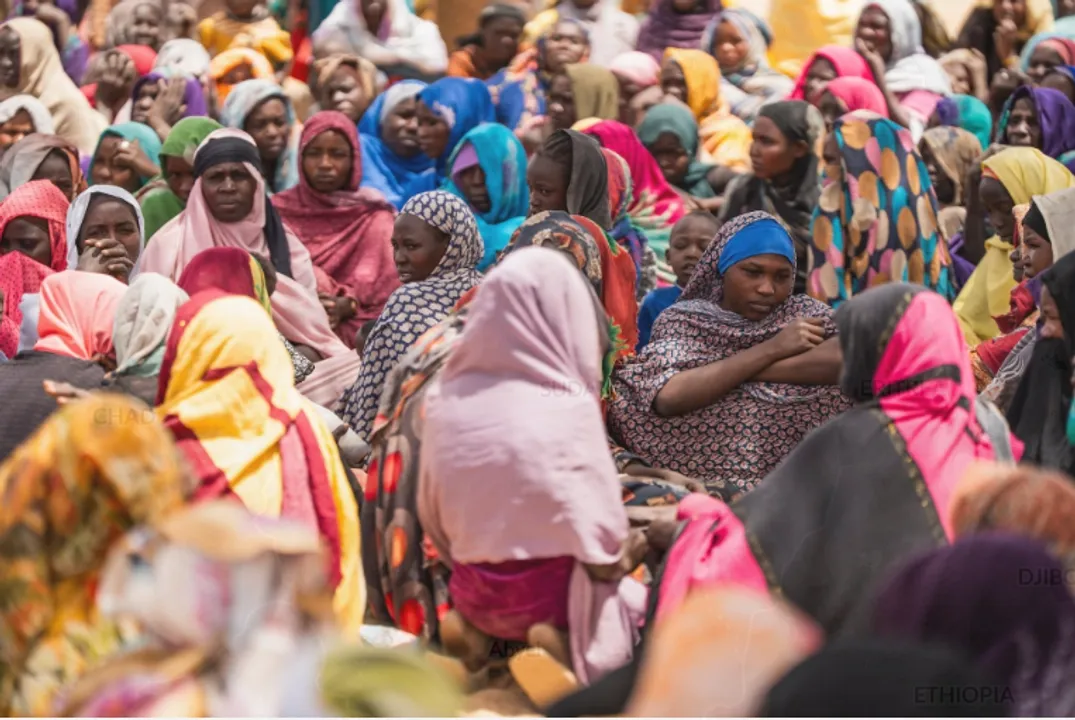
In the Eastern Horn of Africa and Great Lakes region, a million vulnerable children – many of them unaccompanied – face greater risks of abuse, child marriage and recruitment by armed groups.
Mali has had to suspend biometric registration for nearly 20,000 asylum-seekers. In the Democratic Republic of Congo (DRC), birth registration for over 14,000 refugee children is pending, increasing their risk of statelessness.
In Mali, biometric registration for nearly 20,000 asylum-seekers has been suspended, leaving them without legal status, work permits, or access to public services. In the Democratic Republic of Congo (DRC), birth registration for over 14,000 Central African and South Sudanese refugee children has been sharply reduced, putting them at risk of statelessness.
“Without legal recognition, refugees become invisible,” says Jean-Claude Nsengiyumva, a Burundian human rights lawyer. “They can’t work, they can’t move freely, and they become easy targets for exploitation.”
Reduced funding has impacted gender-based violence programmes across West and Central Africa, including Burkina Faso, Chad and Nigeria.
Sustainable solutions
The funding shortages have also impacted voluntary repatriation programs, which help refugees return home safely when conditions allow. In Chad and Cameroon, 12,000 Central African refugees who were prepared to return home still await the support needed to do so.
“I want to go back to my country, but not if it means returning to war,” says Jacques*, a father of three living in a Cameroonian refugee camp. “If there’s no help, how do I rebuild my life?”
Amid the crisis, some African governments and humanitarian groups are searching for alternative reintegration strategies.
The African Union and other regional blocs have begun discussing economic inclusion policies that could help refugees find long-term stability without relying solely on foreign aid.

Refugee-led initiatives, such as agriculture programmes and skill-building workshops, already empower displaced communities to become self-sufficient, offering a glimpse of hope amid uncertainty.
Experts warn of the devastating long-term consequences of allowing global funding cuts to dictate how Africa responds to displacement.
“When you take away protection services, you don’t just harm refugees – you destabilise entire regions,” says Lorna Mwiti, a Nairobi-based researcher on forced migration. “Desperate people will take desperate measures, whether it’s embarking on deadly journeys or turning to armed groups for survival.”
As UNHCR marks 75 years of refugee protection, it urges the international community to step up.
“Attacks on civilians must end, and safe passage needs to be allowed to those fleeing for their lives. The international community must urgently increase support for refugees,” says Magatte Guisse, UNHCR’s representative in Chad.
For refugees like Fatima, the stakes couldn’t be higher. “We have lost so much already,” she says. “Please don’t let the world forget us.”
Names marked with an asterisk () have been changed to protect the identities of refugees.
Comments
No comments Yet








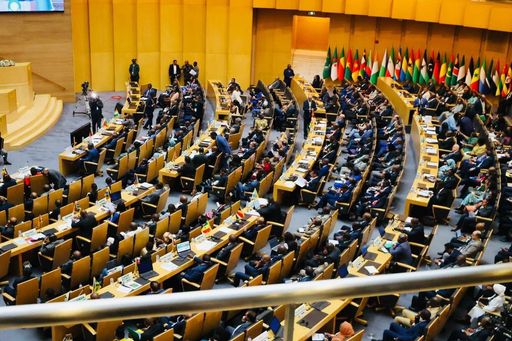
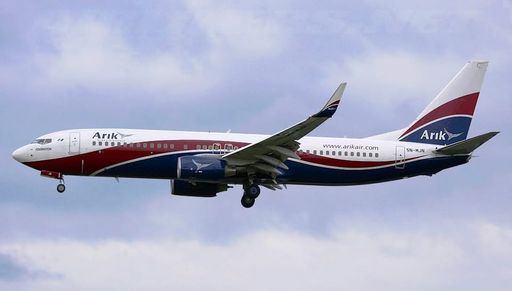
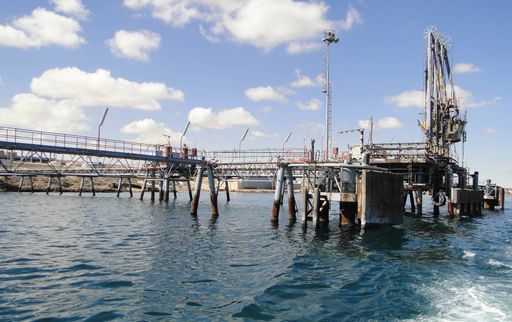
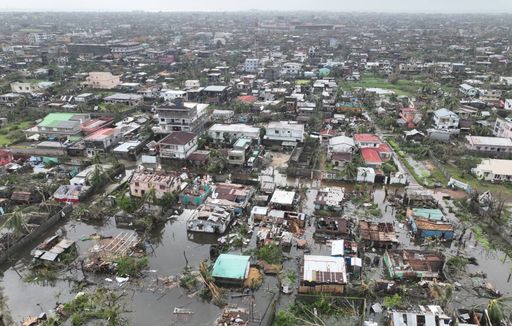








Comment